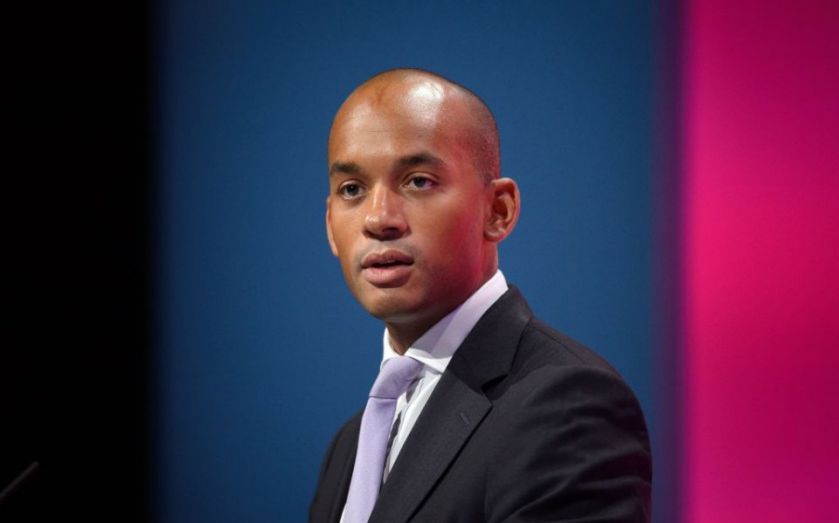Businesses defend “flexible” zero hours contracts from Labour criticism

Business groups have defended the use of zero hours contracts after new data revealed the number of workers without fixed pay has risen to record levels.
Figures from the Office for National Statistics (ONS), show that 697,000 workers, 2.3 per cent of the workforce, are on zero hours contracts.
The figures have prompted calls for change from Labour, who have made banning the contracts a key policy ahead of this year’s general election.
Labour’s shadow business secretary Chuka Umunna said: “Zero-hours contracts have gone from being a niche concept to becoming the norm in parts of our economy…The ONS’ findings today is yet another stark illustration of a recovery which is not working for working people.”
However, business groups such as the Confederation of British Industry (CBI) and the Institute of Directors (IoD) have launched a defence of “flexible” zero hours contracts which provide many with a route into work.
CBI director for employment and skills Neil Carberry commented:
Flexible contracts offer an important source of job creation that supports business growth and employees who need to manage different responsibilities. The range of options on offer in the UK is why we are continuing to create thousands of new jobs, and have a high employment rate and lower unemployment than many other countries.
Meanwhile, Christian May of the IoD warned that Labour’s plans to ban the contracts could be counter-intuitive.
He said:
…For hundreds of thousands of workers and employers these contracts represent an extremely attractive proposition. Despite efforts to portray all those on such contacts as exploited, the truth is that there are plenty of engineers, contractors and professionals whose willingness to be flexible adds significantly to their market value and, therefore, their earning power.It’s also worth remembering that a flexible labour market, of which Zero Hours Contracts are a vital component, has protected the UK from European levels of unemployment. Indeed, the UK’s labour market has been singled out for praise by the OECD. The alternative is a rigid labour market and high unemployment.
In the ONS’ findings 66 per cent of those on zero hours contracts said they were not in need of more hours while just three per cent said they were actively looking for more.